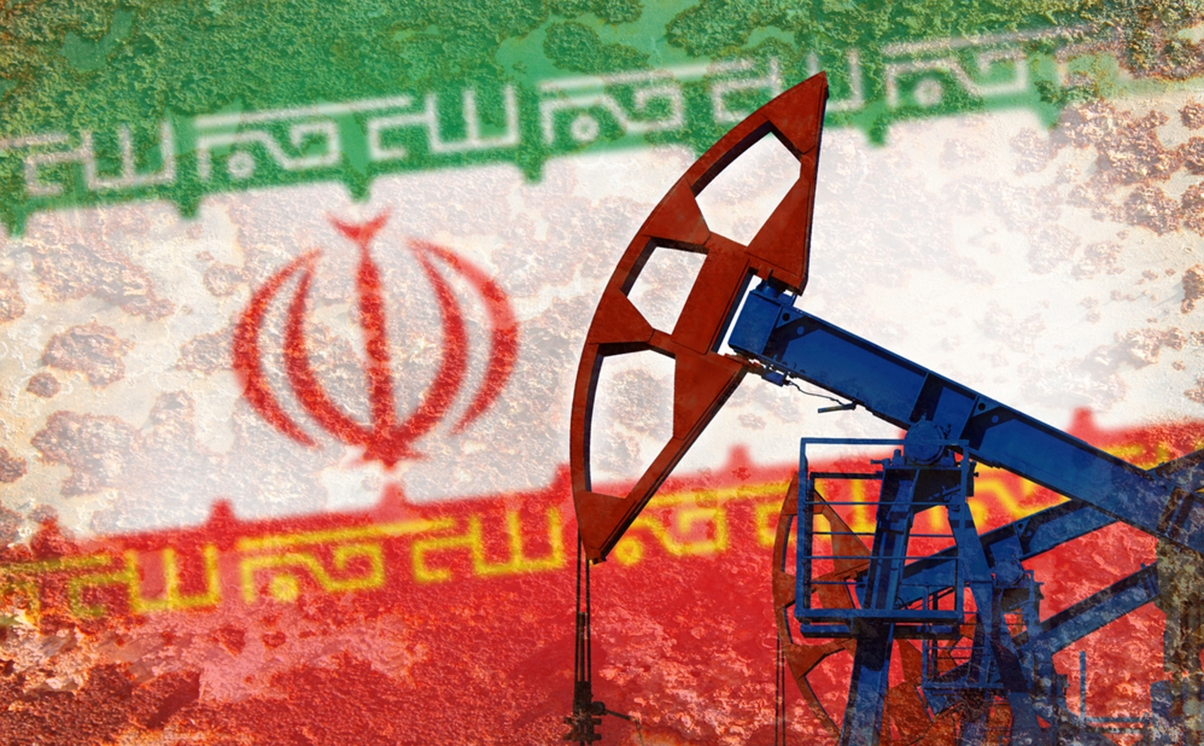(read time: < 3 mins)
The Grand Court of the Cayman Islands has handed down an important decision in Palladyne International Asset Management B.V. v Upper Brook (A) Ltd and Others (FSD 68 of 2016) in relation to the meaning of “use” of funds subject to an asset freeze under a global sanctions regime. Elaina Bailes summarises the decision.
The UN-imposed sanctions in relation to Libya were implemented by the EU, UK and Cayman Islands in 2011. In the Cayman Islands, this was by way of the Libya (Restrictive Measures) (Overseas Territories) Order 2011 (the Sanctions Order).
The Sanctions Order imposed an asset freeze, providing that persons “shall not deal with funds or economic resources which are owned, held or controlled, directly or indirectly, by a designated person” (unless they held a valid sanctions licence).
Article 10(4) of the Sanctions Order provided that “to deal with”, in respect of funds meant:
“(i) to use, alter, move, allow access to or transfer;
(ii) to deal with in any other way that would result in any change in volume, amount, location, ownership, possession, character or destination; or
(iii) to make any other change that would enable use, including portfolio management”.
In 2014, Palladyne International Asset Management (PIAM) was removed as a director of three Cayman Island funds by resolutions passed by the funds’ shareholders. It sued the shareholders claiming that this was a breach of the Sanctions Order.
PIAM’s case was that the ordinary meaning of “use” is “the act of employing a thing for any purpose”. The legislation was therefore wide enough to cover the exercise of voting rights by a shareholder. PIAM argued that this interpretation was supported by relevant case law and UN guidance on the meaning of terms in asset-freeze measures.
The defendants argued that PIAM’s interpretation was contrary to the ordinary meaning of the legislation and inconsistent with the intention of the Sanctions Order. Their case was that the sanctions measures were intended to freeze assets to protect against dissipation. They were not meant to deprive people of property rights that do not involve dealing with/allowing access to the funds as financial assets.
The court applied a restrictive interpretation to international sanctions relating to Libya. It held that the adopting and passing of the resolutions did not constitute a breach and contravention of the Sanctions Order on dealing with the shares. The judge held that passing the resolutions did not constitute a use use, allowing of access to or the making of other changes that would enable the use of the shares or assets and investments held by or for the funds).
The case is likely to have wide significance for the interpretation of international sanctions regimes involving asset freezes. The judge’s reading of the international sanctions regimes as a “single harmonious code” and the restrictive interpretation applied by the court is likely to be the subject of further debate. PIAM has appealed the decision.
Stewarts acted for PIAM, (alongside Cayman attorneys and counsel) in a team led by David Hughes that included Elaina Bailes, Joseph Rossello, Lucy Morgan, Frances Baird and Anna Freund.
You can find further information regarding our expertise, experience and team on our International Sanctions Disputes page.
If you require assistance from our team, please contact us or alternatively request a call back from one of our lawyers by submitting this form.
Subscribe – In order to receive our news straight to your inbox, subscribe here. Our newsletters are sent no more than once a month.







